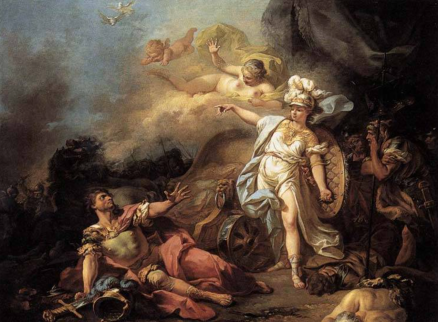Using computers to teach children with no teachers
The article summarizes what Mitra spoke about in his TED talk (linked below). This tells us a lot about the role technology can play in education along with the role of intrinsic motivation and self guided learning. Our recent foray into remote learning calls into question a lot of our assumptions about education.
One group in Rajasthan, he said, learnt how to record and play music on the computer within four hours of it arriving in their village.
“At the end of it we concluded that groups of children can learn to use computers on their own irrespective of who or where they are,” he said.
https://www.bbc.com/news/technology-10663353
 “The multiculturalist syllabus was shaped by a belief in relativism and its daughters. The multiculturalists hold that it is impossible to determine the very best works of literature humanity has produced, because there can be no objective standard of quality or merit. Thus, students should be guided to read texts from as diverse a field of authors as possible and to view texts as political artefacts and nothing else; they are to be understood as evidence of ‘identities,’ the prima facie reality of human life.”
“The multiculturalist syllabus was shaped by a belief in relativism and its daughters. The multiculturalists hold that it is impossible to determine the very best works of literature humanity has produced, because there can be no objective standard of quality or merit. Thus, students should be guided to read texts from as diverse a field of authors as possible and to view texts as political artefacts and nothing else; they are to be understood as evidence of ‘identities,’ the prima facie reality of human life.”